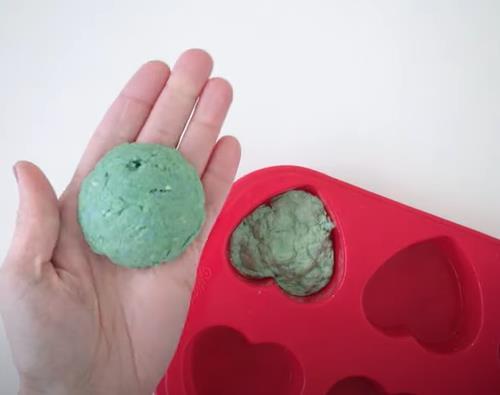
1 minute read
WASH Rotary Action Group
Her enthusiastic response inspired RID A. S. Venkatesh, currently RI Treasurer, to call the District Governor, Rotarian Nandakumar, the next day to suggest that he double the scale of our project.
Pollination – an essential ecosystem service - is imperiled by the loss of insect populations due to the use of pesticides and other anthropogenic activities.
Advertisement
Studies in Europe have shown that the decline in pollinator populations is affecting crop yield. We have reached a point where hand pollination, which used to be a pastime for kitchen gardeners, has become a paid job in vegetable farms across India in the quest to increase yield. But bees are doing extremely well in urban areas with multiple garden sources.
The majority of the solitary bees roost in small cavities. ATREE consulted with Rotarians in Rotary District 3291 on how to design bee hotels and get data sent to them.
We decided to expand this program to D3232 and proposed a memorandum of understanding between the Districts and ATREE in which Rotarians would help document the kinds and numbers of pollinators in our city.
Click here to read what our own Rotary District 6330 has to say about Bee Hotels.
And click here for a short video on how to make seed bombs!
Click here for a short video from the Chair of ESRAG about what clubs can do for the environment.












